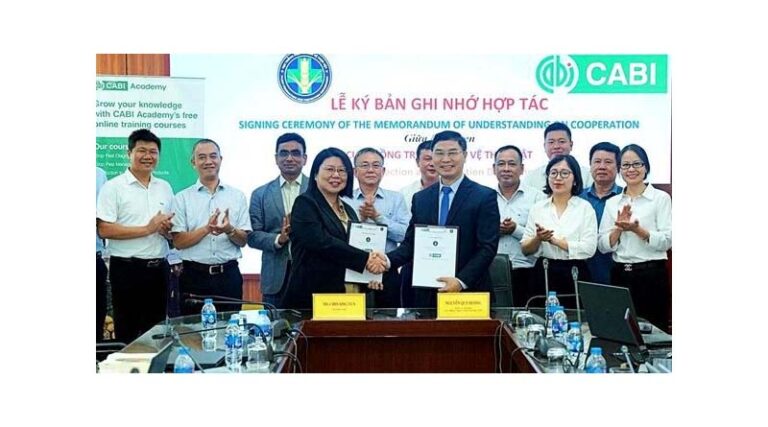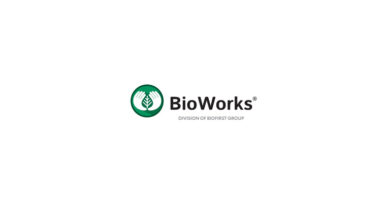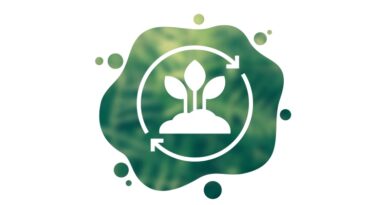
CABI Supports Efforts Towards Greater Sustainable Agriculture In Vietnam Through New Partnership Agreement
26 September 2025, Vietnam: CABI has joined forces with the Plant Production and Protection Department (PPPD) of the Ministry of Agriculture and Environment in Vietnam to support sustainable agriculture in the country amid threats of crop pests exacerbated by climate change.
A Memorandum of Understanding (MoU) has been signed which will see both parties working to provide farmers and plant health advisory teams with practical, safe, climate-smart solutions that protect crops, boost yields, and safeguard the environment.
In 2023, Vietnam produced around 8 million tonnes of rice, alongside substantial coffee and pepper harvests. Coffee exports reached approximately 1.6 million tonnes, contributing to a total agricultural and aquatic export turnover of roughly USD 32.5 billion, with rice exports at USD 4.7 billion, coffee at USD 4.2 billion, and pepper at USD 1.3 billion.
These figures highlight the critical role agriculture plays in Vietnam’s economy, supporting millions of smallholder farmers and contributing substantially to rural development and global food supply. Strengthening sustainable farming practices is therefore essential for both local communities and international markets.
Building capacity and digital solutions
Through the MoU, CABI and PPPD will work together to strengthen the sustainable management of key agricultural pests and diseases. This collaboration covers pest diagnosis, monitoring and forecasting, integrated pest management, rational pesticide use, pesticide risk reduction, and landscape management.
Fresh agricultural commodity exportation plays a significant and growing role in Vietnam’s economy. Improving the diagnosis capacity for plant quarantine and technical colleagues through training and standardising pest inspection protocols is crucial to support the Sanitary and Phytosanitary Standards (SPS) toward ensuring the international trade of fresh commodity products for Vietnam.
Integrated Plant Health Management is a holistic approach focused on maintaining and improving plant health by combining sustainable biological, cultural, physical, genetic, and chemical methods to manage pests, diseases, and other threats, while also addressing soil health, environmental sustainability, and human well-being with an emphasis on economic viability, and social acceptability.
In the Vietnamese context, this can include preparedness to pest and disease, integrated pest management, pesticides risk reduction, improve irrigation efficiency, and restoring and maintaining soil health for long-term productivity and the health of the ecosystem. By integrating these practices, farmers can adapt more effectively to pest and disease and climate variability while protecting their livelihoods and the environment.
Ms Chin Sing Yun, CABI Malaysia’s Country Director, said, “Through this MoU, we aim to translate research into practical agricultural practices that help to support national plant health system, protect crops from pests and diseases, develop plant resilience through healthy soil, improve farmers’ livelihoods and strengthen Vietnam’s food systems. By working together, we can create lasting impact for both people and the environment.”
Central to this partnership is capacity building. Farmers and technical staff will have access to CABI’s BioProtection Portal, PlantwisePlus knowledge platforms and digital tools, and CABI Academy e-learning courses covering crop pest diagnosis, pest management, bioprotection products, water and sustainable soil management. The MoU also enables the promotion and application of biological control agents, supporting nature-based solutions that are both effective and environmentally sustainable.
Muhammad Faheem, Integrated Crop Management Advisor for CABI, highlighted the role of PlantwisePlus digital tools. He said, “The digital tools and knowledge platforms developed by CABI will continue to be widely applied in Vietnam to accurately diagnose and manage crop health problems, promote safe practices, and strengthen decision-making for sustainable farming.
“Updating the list of bioprotection products on the Bioprotection portal, organizing workshops, connecting partners, and transferring new technologies in pest management, and smart agriculture practices will be the focus of cooperation in the coming time.”
A partnership for bioprotection and sustainable agriculture
Dr Nguyen Quy Duong, Deputy Director of PPPD, emphasized the practical benefits for farmers. He said, “Cooperation with CABI brings not only scientific expertise but also hands-on support and training that will help our farmers and plant health teams adopt sustainable solutions. Healthy plants and green practices are crucial toward food security and stable yields. This partnership is an important step toward a resilient and sustainable agricultural and food system in Vietnam.”
Over the next five years, CABI and PPPD will conduct joint workshops, training programs, and other collaborative activities. The partnership aims to strengthen a transparent and sustainable food system, helping smallholder farmers—particularly women and youth—adopt safer practices and connect to local and regional value chains. All research outputs and project outcomes will be shared responsibly, ensuring both parties’ contributions are recognized.
Towards a climate-smart future
This collaboration exemplifies CABI’s commitment to empowering farmers, building local capacity, and promoting climate-smart, nature-based solutions that benefit both people and the environment. By combining scientific expertise, local knowledge, and innovative tools, CABI and PPPD are taking concrete steps toward a greener, more resilient future for agriculture in Vietnam.
Also Read: Tropical Agro Unveils AI – Enabled Tech Tools To Tackle India’s 7 Million Tonnes Fruit Loss Problem
📢 If You’re in Agriculture, Make Sure the Right People Hear Your Story.
From product launches to strategic announcements, Global Agriculture offers unmatched visibility across international agri-business markets. Connect with us at pr@global-agriculture.com to explore editorial and advertising opportunities that reach the right audience, worldwide.






